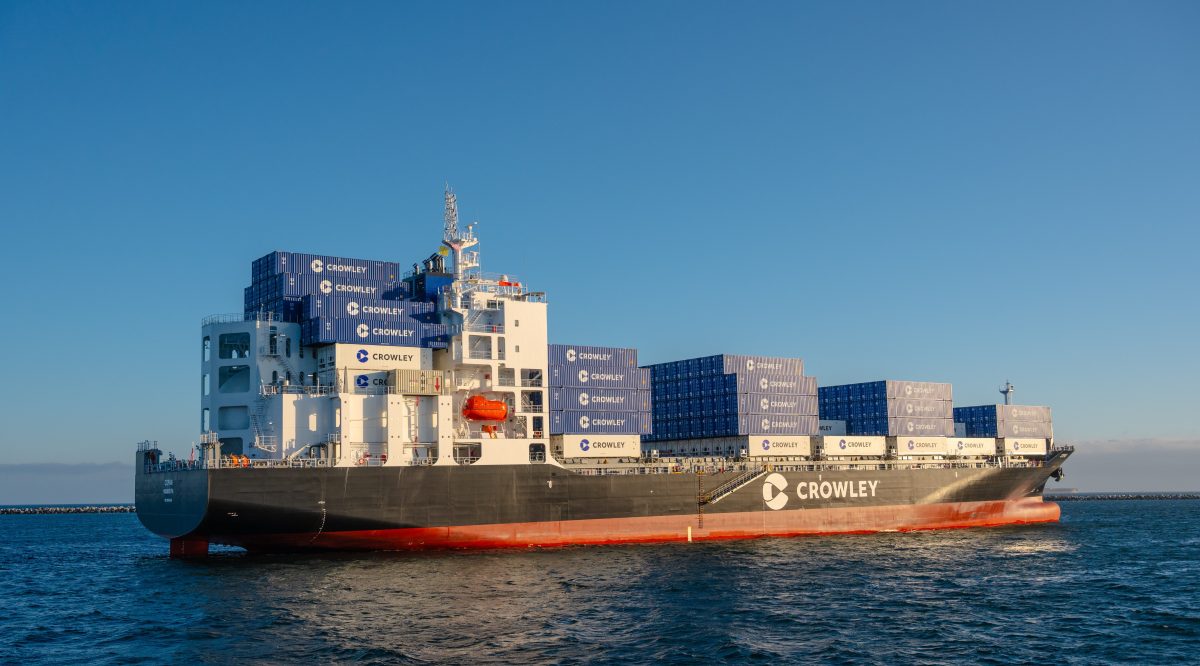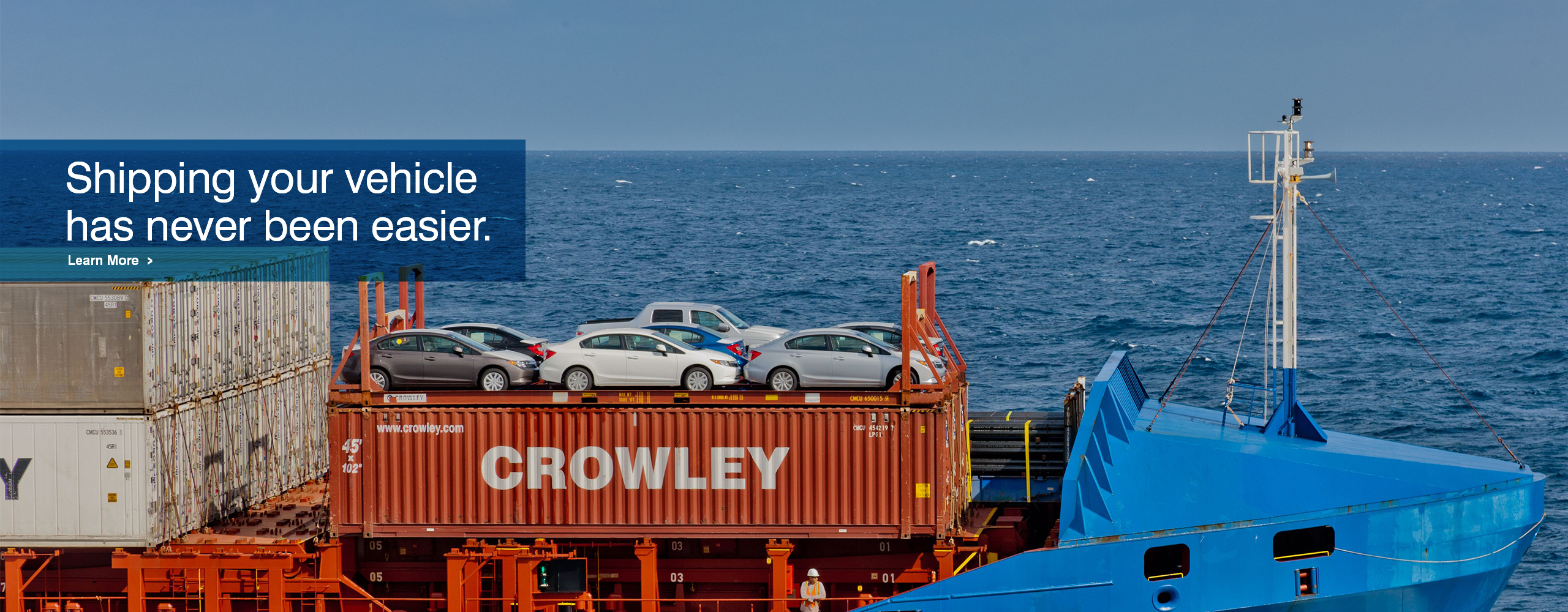Maneje la Ambigüedad Reduciéndola

Por Gloriana Garro
Directora, People Development and Learning
Escuché por primera vez y comencé a pensar en “manejar la ambigüedad” cuando comenzamos a redefinir el marco de competencias en Crowley. La ambigüedad es una constante en la vida de todos, por lo que la considero una competencia crítica para cualquier profesional que quiera tener éxito
Pero ¿cómo lo maneja?
Al meditarlo, me vinieron a la mente varias experiencias y situaciones. Por ejemplo, al principio de mi carrera, me contrataron para ser gerente de capacitación en un centro de llamadas (call center), una industria en la que no tenía experiencia. No tenía idea del crecimiento estacional mientras gestionaba a más de 15 entrenadores al mismo tiempo. Las solicitudes diarias para hacer más con poco tiempo para reaccionar me pusieron a prueba.
Este año, COVID-19 nos ha probado a todos. Para padres como yo – ¿qué hacer con nuestros hijos? ¿Podremos ayudarles con éxito en la escuela y mantener nuestro rendimiento laboral? Tenemos que tomar decisiones y seguir adelante, no hay tiempo para paralizarse ante la incertidumbre o el miedo a lo desconocido.
¿Qué es el manejo de la ambigüedad?
Korn Ferry define “manejar la ambigüedad” como “operar eficazmente incluso cuando las cosas no son seguras, o el camino a seguir no está claro.” Señalan que una persona experta en esta competencia hace lo siguiente:
- Enfrenta con comodidad la incertidumbre del cambio
- Decide sin tener el panorama completo
- Se mantiene tranquila y productiva incluso cuando las cosas están en el aire
- Enfrenta constructivamente los problemas que no tienen soluciones o resultados claros y maneja el riesgo de manera efectiva.
Personalmente, más que gestionar o manejar, prefiero pensar que necesito reducir la ambigüedad haciendo preguntas, buscando información y conectando los puntos para seguir adelante. Cuando eso no es posible, su actitud se convierte en una herramienta poderosa. Pregúntese: “¿Cómo reacciono? ¿Qué permito que la incertidumbre/cambio haga en mí? ¿Qué determina mi éxito o lucha en cualquier situación?”.
Cuatro maneras de reducir lo desconocido
Un ejemplo notable de manejo de la ambigüedad para mí es cuando mi familia y yo decidimos mudarnos a Jacksonville, FL, desde Costa Rica, para una oportunidad laboral de Crowley. Estaba emocionada, pero al mismo tiempo no tenía certeza de cómo iban a salir las cosas en el trabajo y en casa. Nuevo país, nueva cultura, dejar a mi familia y sistema de apoyo, nuevo hogar, nuevas escuelas, luego todo lo que un movimiento de carrera trae: nuevos desafíos, un nuevo equipo, alcance más amplio, construir relaciones, hacer un impacto y la lista continúa.
Muchas cosas nuevas y desconocidas, la ambigüedad y la incertidumbre de este escenario eran inmensurables. Entonces, ¿cómo reducir la ambigüedad?
- Tome todo un día a la vez. Soy una persona muy organizada y orientada al- Prefiero la estructura, pero es mejor concentrarse en trozos más pequeños y en lo que puede controlar cuando se enfrenta a la ambigüedad. No se siente y espere a tener cada detalle para hacer su próximo movimiento.
- Acoja el cambio. Hay emoción en lo desconocido. Piense en cuando recibe un regalo sorpresa. ¡Disfrútelo! Acoger significa estar más cómodo. Conózcase un poco más, aprenda cuáles son sus catalizadores e identifique en qué etapa del cambio está, para que pueda tomar medidas.
- Monitoree su actitud y su estado de ánimo. He aprendido que mi pensamiento impulsa mis comportamientos, y mis comportamientos me darán resultados. Una mentalidad positiva es poderosa. Supere la frustración con la risa y no olvide respirar.
- Comuníquese. ¡Esto es crítico! Si tiene alguna pregunta, hágala. Hable, pida aclaraciones o contexto. Si es el líder, entonces sea consciente y proporcione tantos detalles como sea posible para reducir la ambigüedad o sea transparente sobre las cosas que no sabe. Al ser más abierto, el nivel de compromiso y apoyo crecerá y ayudará a su equipo a reducir y manejar su propia ambigüedad.
Hoy lo reto a identificar un área en su vida en la que pueda sentir que hay ambigüedad y aplicar algunas de estas ideas. Empiece poco a poco y celebre esas victorias también.
 Press Releases
Press Releases
Crowley Expands International Shipping with Inaugural Route Connecting U.S. Northeast and Central America
Crowley, an international leader in logistics, marine and energy solutions, has announced a significant expansion of ocean shipping services with its first-ever route between the U.S. Northeast and Central America. Utilizing Crowley’s new, state-of-the-art Avance Class vessels, the five-day transit between the Port of Philadelphia’s Gloucester Marine Terminal and ports in Guatemala and Honduras enables the […]
Read More Blog
Blog
List of Vehicle Shipping Required Documents (Puerto Rico to U.S. Mainland)
Crowley, the leading vehicle transportation company operating between Puerto Rico and the United States, is here to help you ship a vehicle easily. Our experts have prepared this simple, step-by-step guide on how to prepare your vehicle for shipment — and keep everything organized along the way. For a full breakdown of the shipping process, read […]
Read More